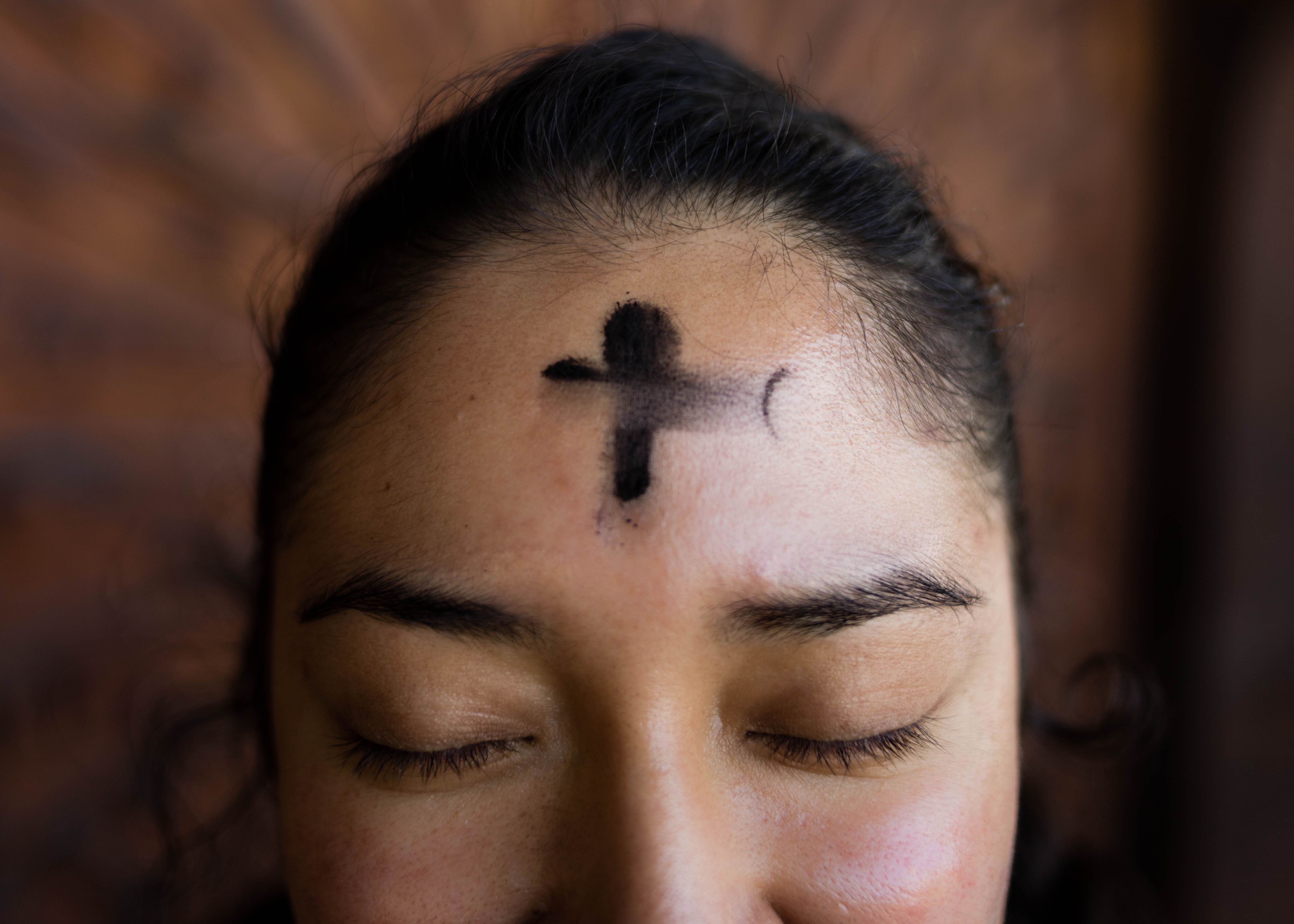
Prompt Images
Happy Ash Wednesday! We’re all gonna die!
My friend Ken posted this message on Facebook a few years ago. Combining the severity of ashes and death with a jubilant holiday greeting struck me then as it strikes me now: absolutely hilarious. Extend the Mardi Gras party one more day—just don’t mix your margaritas and communion wine!
But Ash Wednesday isn’t exactly a cause for celebration.
It’s a day of sober reflection that marks the beginning of Lent, the 40-day* period before Easter. Churchgoers gather to acknowledge their sin, to receive the imposition of ashes on their foreheads, and to remember that they are dust and to dust they shall return.
(*It’s actually 46 days, but church tradition doesn’t count the Sundays of Lent as all Sundays are considered feasting days. So, who wants a Sunday brunch mimosa?)
Ash Wednesday anticipates Easter. Death precedes new life.
Or does it? As we approach the anniversary of pandemic shutdowns, COVID-19 continues to desolate and kill. Vaccines are here, but we continue to watch all visions of “normal” sink below the horizon, just out of reach. This half-life, defined more by limits and loss than by possibility and gift, is the new normal.
Life is now defined by our most common phrase on Zoom: you’re muted.
So what can a day of ashes and death offer us when everything already feels like death? Why participate in a needless reminder that we’re all gonna die?
Personally, I resist any “shoulds” because I hate interior or exterior voices “shoulding” all over me. So this essay is not going to tell anyone why they should celebrate Ash Wednesday. You don’t like Ash Wednesday, or any overwrought religious crap? I hear ya. Cheers!
But for anyone who still finds something compelling, let me propose two reasons why Ash Wednesday may prove useful in our present catastrophe.
First, while Ash Wednesday proclaims the death of humanity, it also proclaims the death of everything.** So even though we are dust (or stardust if you like), we also announce a similar fate over all things, including this damn pandemic. Like all things, this pandemic will die, and new life will come from it.
(**For the love of all stardust, read Katie Mack’s The End of Everything: (Astrophysically Speaking). And then let’s drink very dark beer and discuss the book over Zoom.)
Second, when observed, Ash Wednesday honors that which makes for good living and good dying: friends and loved ones who accompany us through suffering, space to grieve, and the capacity to accept the truth of ourselves and our world no matter how painful.
We are human beings, and Ash Wednesday offers us the chance to recalibrate that blunt and glorious truth.
Channeling Ash Wednesday energy, Arcade Fire’s frontman Win Butler famously summarized his view on life by saying, “Death is real.” He later offered a more nuanced explanation, but that sentiment continues to resonate with fans and music critics. We hear both the acceptance and defiance of death in their soaring anthem “Wake Up” as they scream:
Children, wake up
Hold your mistake up
Before they turn the summer into dust
If the children don’t grow up
Our bodies get bigger but our hearts get torn up
We’re just a million little gods causin’ rain storms
Turnin’ every good thing to rust
I guess we’ll just have to adjust
— Arcade Fire, “Wake Up”
Death is real. We didn’t need a pandemic to tell us that, but a pandemic we have. Now we know death’s cruelty more than we did a year ago. But we are little gods, full of god-breath. We can take all our dust and rust and turn it into something lifegiving. This is the promise of Ash Wednesday for all who wish to receive it.



